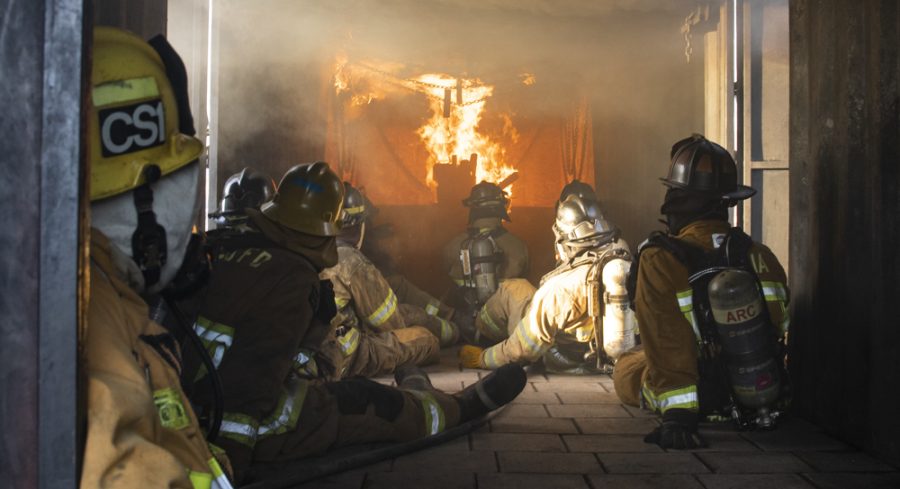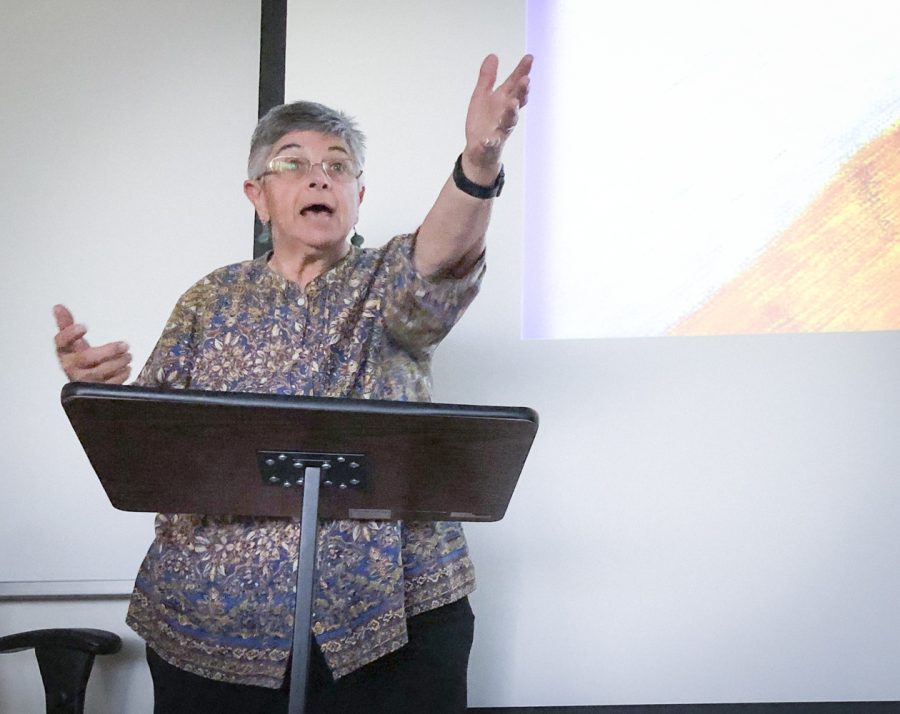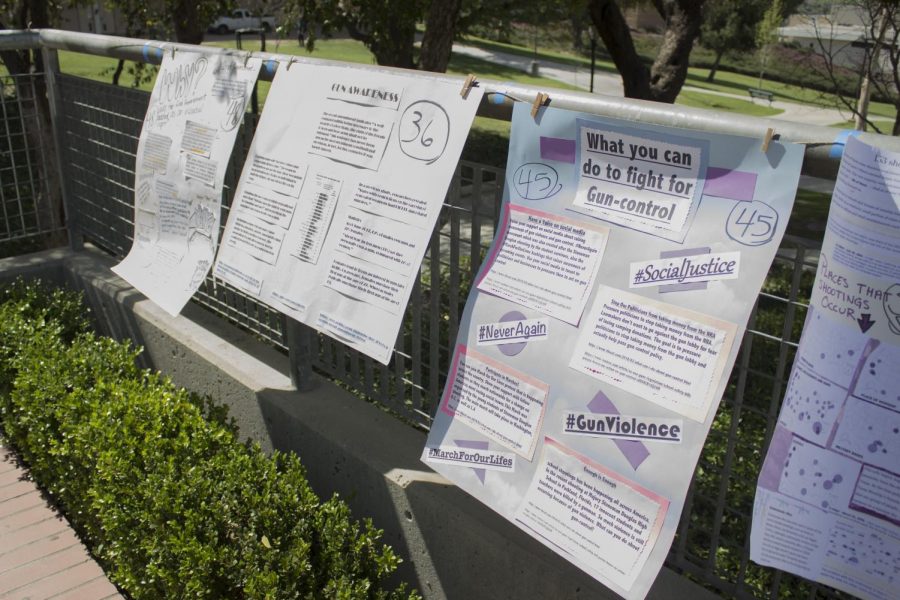|
|
|
|
Do you ever get hungry between classes?
Beginning May 22, you will have to drive off campus to grab a prepared lunch, as the Moorpark cafeteria will be turning off its grills for good.
In a three-to-two vote, the Ventura County Community College District Board of Trustees decided to shut down the cafeteria operations during its monthly meeting on March 13.
The bottom line is this: although the cafeteria may be convenient, not enough students use its services to sustain it financially. “The cafeteria has seen its profits erode for a number of years,” said Iris Ingram, vice president of business services.
The good news is that there are a number of options in the area for students to choose to grab a bite to eat before or in between classes, and many students do. The bad news is that for many students, the option of eating off campus is viable only if they have both the time and transportation available. For those reasons, the cafeteria is handy for students to grab cooked food in a timely manner.
The issue that had opposing sides debating at the last board meeting was whether or not having food services on campus is a necessity.
There are valid points on both sides. Each side offers valid points, however a large number of students’ actions indicate that they do not wish to eat at the cafeteria if given the choice. On the other hand, if only vending machine food is available on campus, students will make less healthy choices because they will not have the options of choosing nutrient-rich food.
While the closure of the cafeteria has been met with much criticism, it is many people’s actions that have led to it, not just the board’s vote. The reality is that every time students have chosen to eat at a restaurant off campus instead of at the cafeteria, the cafeteria loses the patrons it’s meant to serve-students.
Moorpark College and its two sister schools are not the first to close their cafeterias due to lack of sales. Pierce College in Woodland Hills shut down its cafeteria in Dec. 2010 due to similar financial issues. A metro map to guide students to local eateries could be placed on the college’s website. However, students who do not have the time or transportation will be left with vending machines.
The over consumption of vending machine foods, that often lack basic nutrient necessities, may lead to numerous problems.
First, availability to nutrient-rich food is a necessity to perform well academically. According to the Public Health Law Center, “Nutritious meals improve academic performance and increase school attendance,”
Second, the over consumption of vending food machines has led to many health problems nationwide, including obesity and diabetes. In 2010 the Center for Disease Control and Prevention, CDC, enacted Health and Sustainability Guidelines to combat the consequences of the overconsumption of vending foods in 2010. They created the regulations because they support healthy food being available in schools. According to their website, “it is difficult to understand why junk food or high calorie yet nutrient deficient foods are allowed into our schools.”
In addition, students will need more financial assistance for day-to-day expenses. Healthy food that is a freshly prepared is affordable is at the cafeteria, whereas healthy meals at restaurants cost more, and students may not have time to prepare them at home. In 2011, the Society of Professional Journalists wrote that “college students have a hard time meeting the (CDC) guidelines not only because of their economic situation but also because most students do not prepare their own meals.”
Moorpark College students exercising their right to eat off-campus was used by the board of trustees as justification in taking away a basic human requirement. The decision was based on bottom-line finances and not what research has shown what is in the best interest of students.
Closing the cafeteria is not reasonable or rational. The board of trustees can defend monetary reasons in the short-term, but the long-term consequences are ones that cannot be easily fixed with money. However, in the board did not address those issues, even when brought up in public comment before the vote.
The board was simply focused on the issue of profitability. “It is an acceptance of the reality that our cafeteria cannot currently compete successfully with other retail food operations in the area,” said Ingram.





